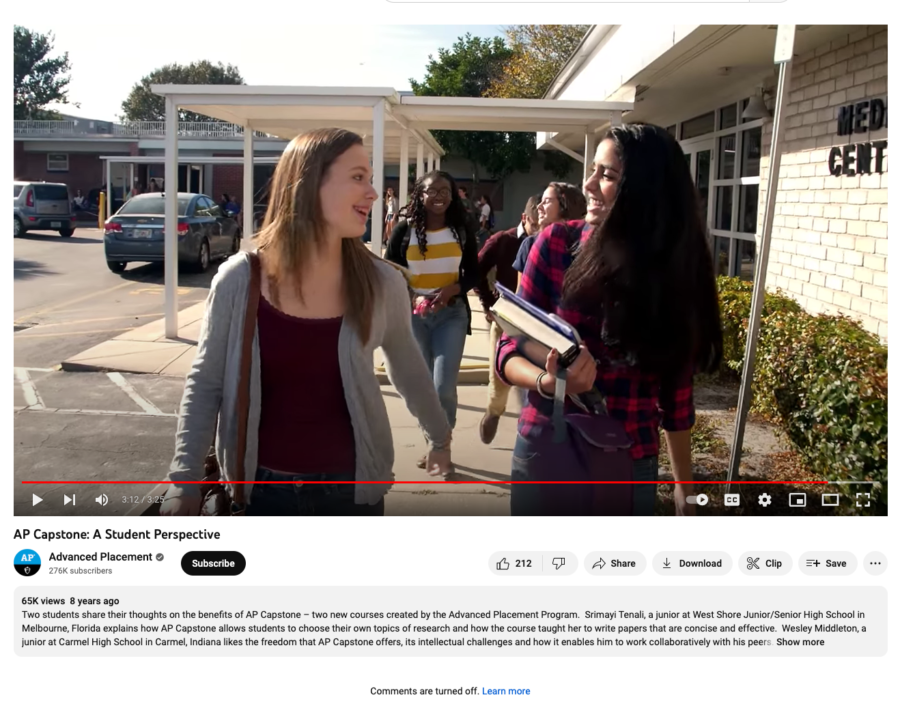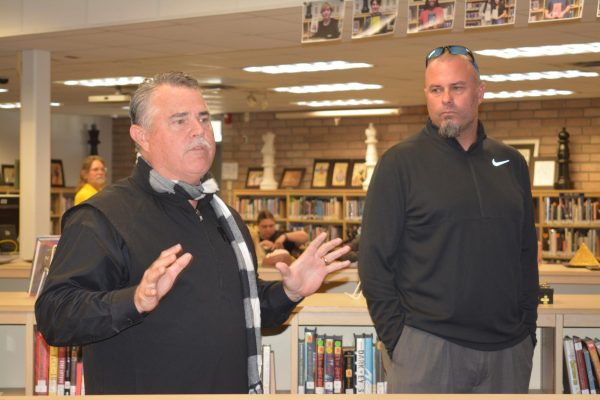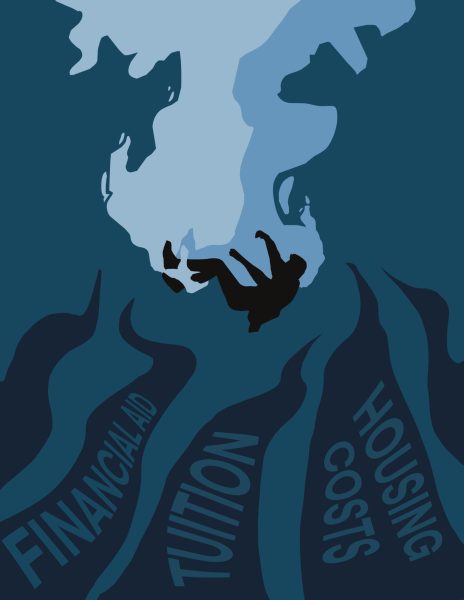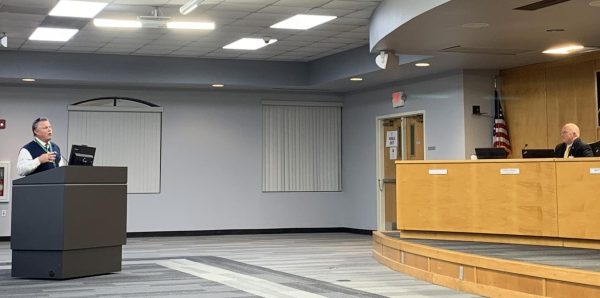Political Squabbles Imperil Academics
March 27, 2023
When College Board began to roll out its AP Capstone curriculum in 2015, West Shore was there. In fact, College Board sent a film crew to our campus to shadow then-juniors Srimayi Tenali and Sergio Carlos to feature in two hype videos for the program. The videos also featured English teacher Jeanie Griffin, explaining the benefits of Capstone.
Eight years later, Gov. Ron DeSantis has threatened to pull all College Board materials from Florida schools after blocking the proposed curriculum from AP African American Studies in Florida, which led to a revision of the curriculum by the College Board. When these changes were rejected, the College Board published a letter responding to many of the Florida Department of Education’s critiques. In retaliation, DeSantis threatened to pull all College Board material — including Capstone — from Florida schools.
It doesn’t take a genius to uncover the issue here. As the FDOE and College Board wage their (exceedingly public) war, the issue begins to feel more like one of respectability politics than genuine concern for students’ education.
The FDOE is a major player on the national stage right now. Legislation involving hot topic issues such as abortion and LGBT rights in schools have both gained national coverage on a wide scale, with many states looking to replicate DeSantis’ work. Many Republicans are looking at him for a declaration of presidential candidacy.
On the other hand, the College Board has a veritable monopoly on the American education industry. The College Board corporation administered tests to 1.24 million students in 2020, and 2.2 million students took the SAT, making it the most widely administered college admissions exam. In 2021, CollegeBoard administered 366,150 AP exams.
Both parties involved in this conflict have a direct hand in the quality of education available to Florida, the third most populous state in the nation. The petty war between CollegeBoard and the FDOE has the potential to impact more than 178,000 students statewide.
Of course, there are alternatives to AP tests and the SAT. Increasingly, students are pulling away from taking the SAT at all as fewer colleges require it for the admissions process. Regardless, pulling AP classes entirely would set a precedent for the nation of removing entire education systems on a whim, or as a reaction to perceived slights.
At West Shore, this would present a major issue. Since its inception, West Shore and AP have been inextricably tied. West Shore uses solely AP as its means of measuring excellence, and openly encourages it above other options such as dual enrollment, since AP is more widely accepted. In 2015, West Shore was used as a pilot program for the burgeoning AP Capstone program. If CollegeBoard were to be removed, the school would have to pick a new framework for college-level classwork such as Cambridge, International Baccalaureate, or Advanced International Certificate of Education. Then, every administrator and teacher would have to be re-trained, costing countless dollars and hours of time for already overworked teachers. All of these measures would provide a brand-new framework, forcing West Shore to start from square one in regards to measuring students’ academic rigor.
This is not to say CollegeBoard is an innocent actor in this drama. It has been just as reactionary as the FDOE, releasing a letter containing information from private correspondence seemingly for the sole purpose of looking “correct” in the eyes of the public. This entire debate began so supporters of DeSantis could feel morally superior, and so supporters of CollegeBoard could roll their eyes at the “backwards” politics of Floridians. Never, in the moves made by either party, were real students or their education considered, and it shows.
This fight exists for exclusively petty reasons, each party looking to come out on top, with no regard for the effect on students’ education.
If AP is banned, hundreds of schools across Florida would be forced to restructure their class framework. Combine this with the already existing teacher shortage, and it becomes hard to believe that any educator in this position would choose to stay in their position – already overworked and underpaid, now faced with hours of training outside of the workday. Removing AP would only worsen this issue, and thus, students’ education. In a state which ranked 46th out of 50 on SAT scores in 2023, the last thing Florida needs is to press the issue.



![The Melbourne Fire Department recognized coach and custodian Derrick Hamilton on April 16 with the Lifesaving Citizen Award during lunch. I would just react for anyone, Hamilton said. My love for children -- thats what it comes down to. [I am] where I am supposed to be.](https://westshoreroar.com/wp-content/uploads/2024/04/DSC_0639-1-e1713376507113-1200x805.jpg)





![The Melbourne Fire Department recognized coach and custodian Derrick Hamilton on April 16 with the Lifesaving Citizen Award during lunch. I would just react for anyone, Hamilton said. My love for children -- thats what it comes down to. [I am] where I am supposed to be.](https://westshoreroar.com/wp-content/uploads/2024/04/DSC_0639-1-e1713376507113-600x402.jpg)






